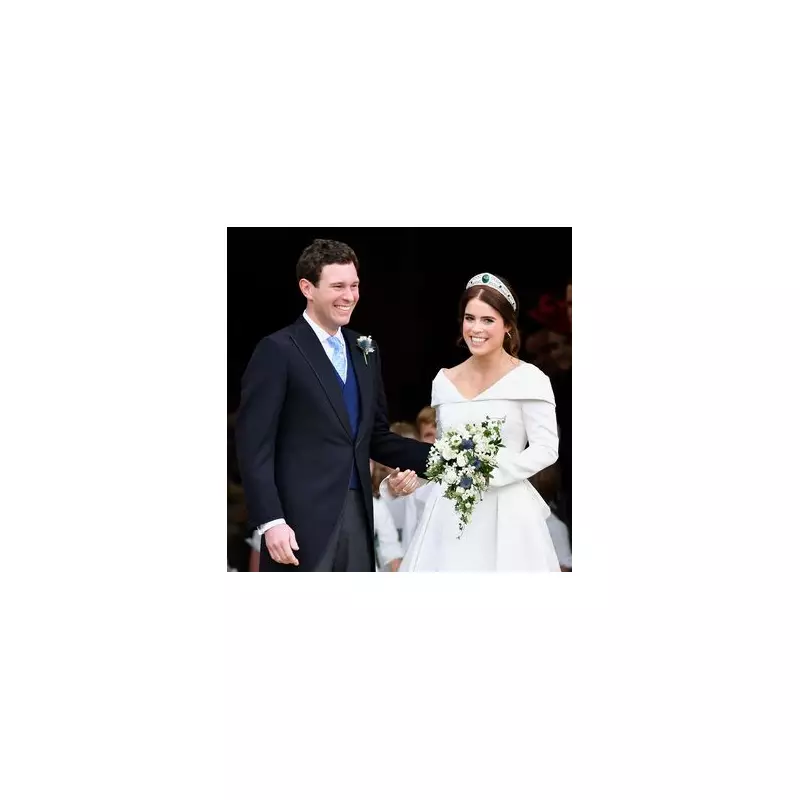
Buckingham Palace witnessed an awkward moment during a significant royal gathering this week as Princess Eugenie's chair remained noticeably vacant beside her father, Prince Andrew.
The absence of the 34-year-old royal at the prestigious reception has set royal watchers abuzz with speculation about the reasons behind her non-attendance. The empty seat created a visible gap in the royal lineup during what was meant to be a showcase of family unity.
Palace Protocol or Personal Choice?
While palace officials remain tight-lipped about the specific circumstances surrounding Princess Eugenie's absence, insiders suggest the empty chair speaks volumes about the ongoing recalibration of royal duties among younger family members.
The event, which brought together numerous European royals and dignitaries, marked another chapter in the complex narrative of Prince Andrew's reduced public role since stepping back from official duties in 2019.
A Pattern of Changing Royal Appearances
This isn't the first time Princess Eugenie's attendance at royal functions has drawn attention. Since relocating to Portugal with her husband Jack Brooksbank, the princess has maintained a lower profile at traditional palace events while pursuing her own professional interests.
Royal commentators note that the younger generation of royals, including Princess Eugenie and her sister Beatrice, are increasingly carving out their own paths outside the traditional royal framework.
The visual of the empty seat beside Prince Andrew particularly resonated with observers, coming at a time when the royal family continues to navigate the delicate balance between personal lives and public expectations.
What This Means for the Modern Monarchy
The incident highlights the evolving nature of royal participation in the 21st century. As younger members of the royal family pursue careers and lives beyond palace walls, their attendance at traditional events becomes more selective.
Buckingham Palace has yet to issue any official statement regarding Princess Eugenie's absence, leaving room for continued speculation about whether this represents a temporary scheduling conflict or a more permanent shift in her royal responsibilities.





